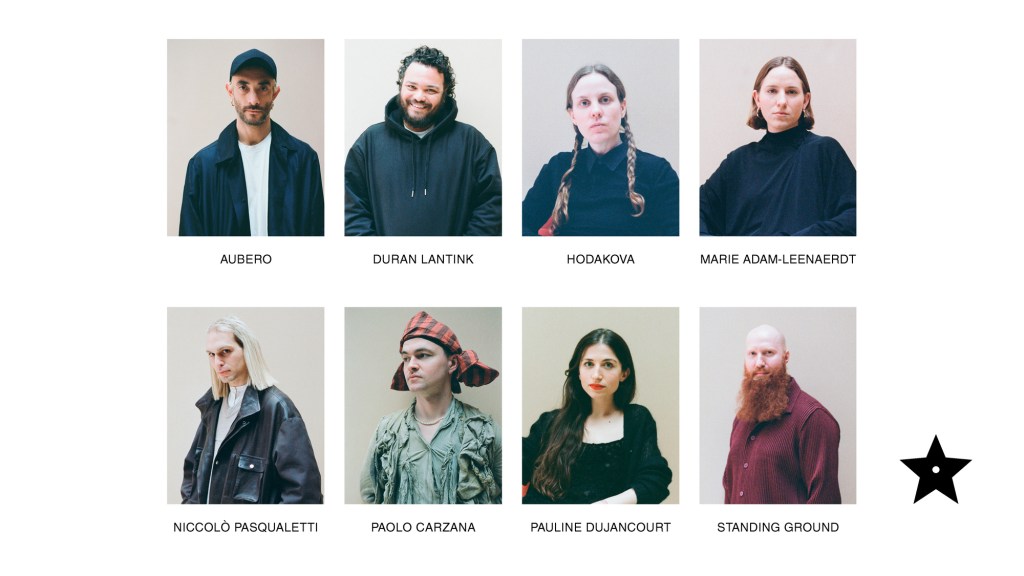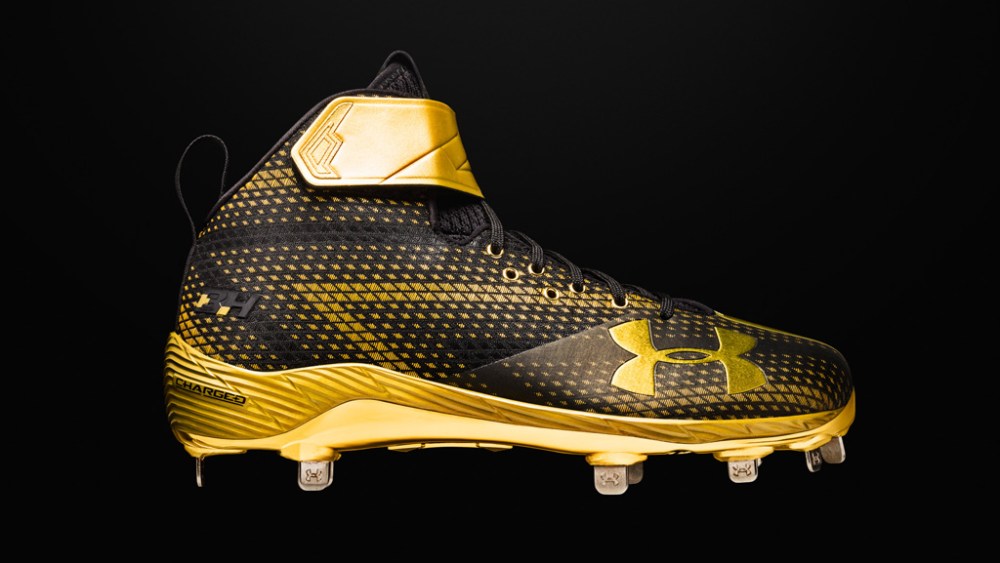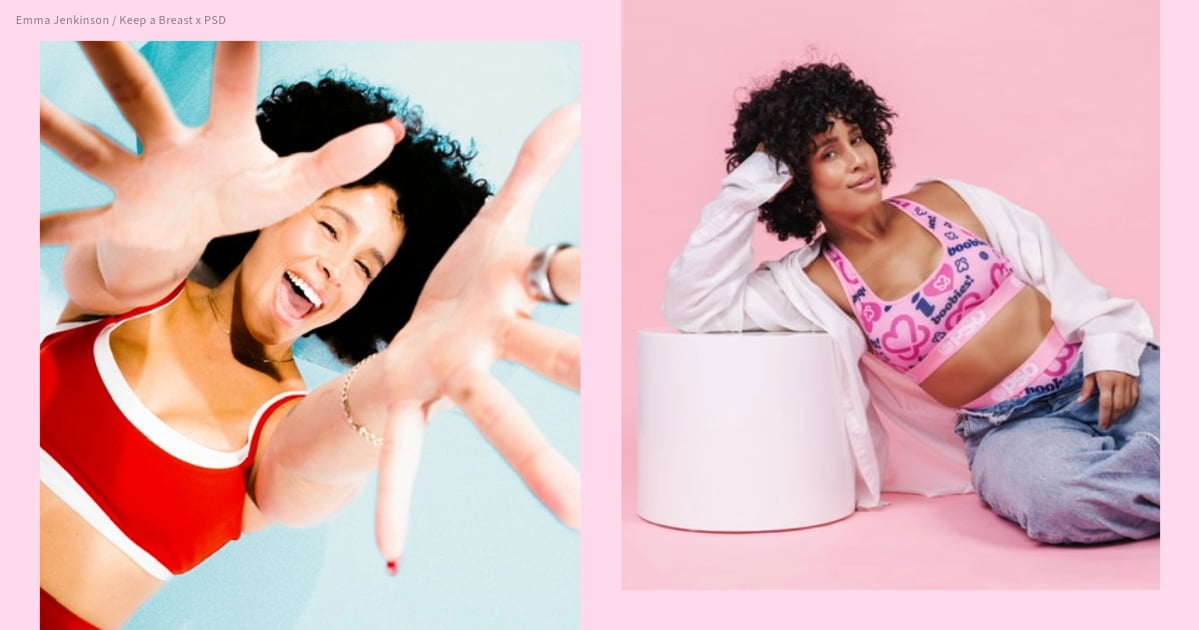Womenswear — and Europe — to the fore: Half of the finalists for the 11th edition of the LVMH Prize for Young Designers specialize in womenswear, while all but one hail from the Continent.
They are Aubero by Julian Louie, U.S.; Duran Lantink, Netherlands; Hodakova by Ellen Hodakova Larsson, Sweden; Marie Adam-Leenaerdt, Belgium; Niccolò Pasqualetti, Italy; Paolo Carzana, U.K.; Pauline Dujancourt, France; and Standing Ground by Michael Stewart, Ireland.
The winners are to be revealed on Sept. 10 at the Fondation Louis Vuitton in Paris, where the finalists present their collections to a jury stacked with star designers from the galaxy of brands affiliated with LVMH Moët Hennessy Louis Vuitton.
Pharrell Williams, men’s artistic director at Louis Vuitton, and Phoebe Philo, whose London-based fashion house has a minority investment from LVMH, are new on the 2024 judging panel.
The other members of the jury include Jonathan Anderson, Maria Grazia Chiuri, Nicolas Ghesquière, Marc Jacobs, Kim Jones, Stella McCartney, Nigo and Silvia Venturini Fendi, as well as LVMH executives Delphine Arnault, chairman and chief executive officer of Dior; Sidney Toledano, an adviser to LVMH chairman and CEO Bernard Arnault, and Jean-Paul Claverie, also an adviser to Bernard Arnault and director of patronage at LVMH.
The overall winner receives a grand prize of 400,000 euros and mentorship by LVMH teams in such areas as sustainable development, communication, copyright and corporate legal aspects, marketing, manufacturing and the financial management of a brand.
The winner of the runner-up Karl Lagerfeld Prize walks away with a 200,000-euro endowment and also enjoys a one-year mentorship.
A new award, the Savoir-Faire Prize, will come with a grant of 200,000 euros and a one-year mentorship. Aimed at promoting the transmission of skills, it will distinguish a young brand for excellence in craftmanship, innovation in design and production and its commitment to sustainability.
Delphine Arnault, the force behind the prize and a key talent scout at LVMH, said the semifinalists for the 2024 edition of the prize reflected “the diversity and richness of the candidates’ creative approaches. Once again this year, the semifinalists showed great expertise in terms of craftsmanship and a strong commitment to sustainability. The finalists’ designs range from entirely handmade collections to eveningwear, and included upcycled designs.”
She also expressed delight that two former semifinalists, Lantink and Pasqualetti, reached the final this time.
The latest edition of the LVMH Prize attracted more than 2,500 applicants — a record number of entries — from 18 different countries, including for the first time Mexico, Moldavia and Togo.
Twenty semifinalists were revealed last February, and they presented their collections to the press and the prize’s committee of experts on Feb. 29 and March 1 during Paris Fashion Week.
The LVMH Prize is open to fashion designers from all over the world aged between 18 and 40 who have created at least two womenswear, menswear or genderless ready-to-wear collections.
After a 2023 edition dominated by genderless designs, only Pasqualetti and Lantink employ that descriptor. Aubero is a men’s label, while Carzana’s collection is for women and men.
The annual contest has helped propel the careers of such talents as Marine Serre, Nensi Dojaka, Thebe Magugu, Simon Porte Jacquemus and Grace Wales Bonner. Last year’s winner was Setchu by Satoshi Kuwata, a designer who has worked for everyone from a Savile Row tailor to luxury sneakers brand Golden Goose.
The 2024 LVMH Prize will also distinguish three fashion school graduates. Each will receive 10,000 euros and join the design studio of a house within LVMH, whose fashion brands also include Dior, Celine, Givenchy, Fendi, Loewe and Marc Jacobs.


